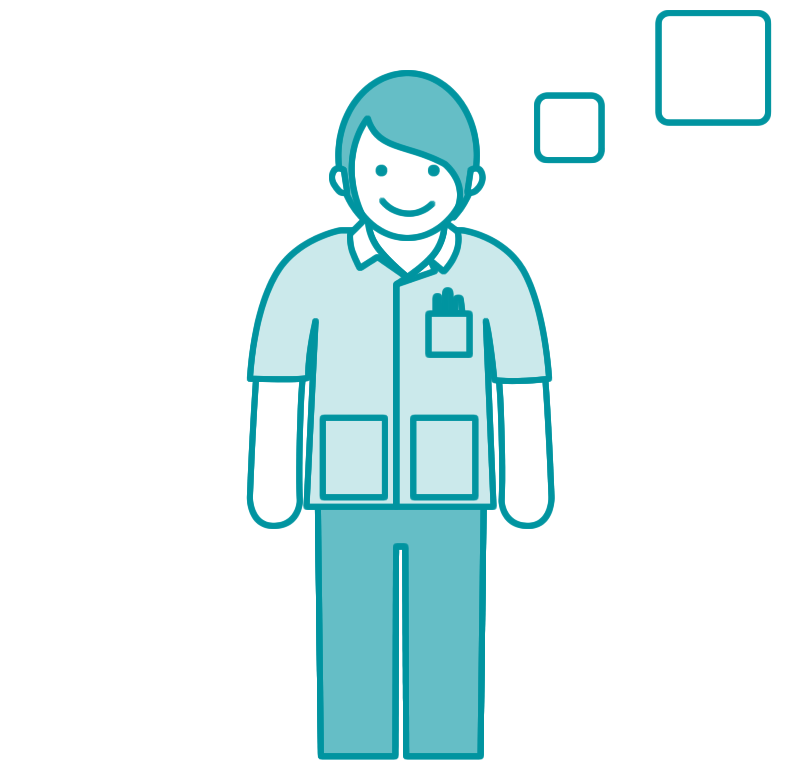Do you know how poorly managed stress can affect your physical health, your thoughts and your behaviours? Click/touch the labels to explore some common signs and symptoms.
Introduction
The stress response is a physiological mechanism of mediation, via neural, neuroendocrine or endocrine axes, that produces an effect on an end organ in response to a stressor stimulus. This can potentially produce dysfunction or disease. It is important that you can recognise these warning signs in order that you can make adaptive changes to manage stress.
Cognitive
- Forgetfulness
- Inability to concentrate
- Impaired judgment
- Seeing only the negative
- Anxious or racing thoughts
Behavioural
- Eating more/less
- Sleeping too much/too little
- Social isolation
- Procrastination
- Resisting change
- Reliance on alcohol, cigarettes or drugs to relax
- Nervous habits
- Frequent crying
- Lack of empathy
Emotional
- Discontent
- Moodiness
- Irritability
- Agitation or aggression
- Feeling overwhelmed, dreading the future, fearing failure
- Sense of loneliness and isolation
Physical
- Generalised aches and pains (including headaches), tense muscles
- Persistent fatigue
- Gastro-intestinal disturbances - indigestion, diarrhoea or constipation
- Nausea, dizziness
- Chest pain, rapid heartbeat
- Susceptibility to repeated infections
- Exacerbation of pre-existing conditions, e.g. eczema, asthma, irritable bowel syndrome, depression etc.


